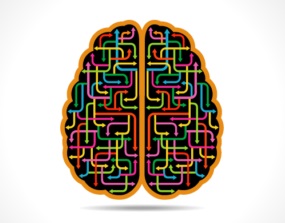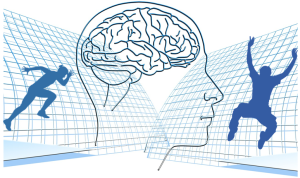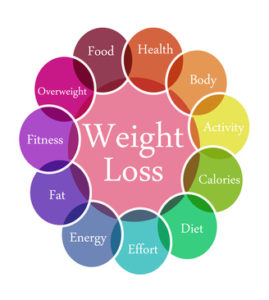8 Ways To Prevent Mental Decline In Your Older Years
There has been a lot of research over the years about the best way to keep a healthy brain as we advance in years. There has been a lot of focus on the health and lifestyle decisions we make that could prevent mental decline and even dementia.
There are plenty of steps you can take to maintain your cognitive function and beat the mental decline.
1. Get Organized

Living an organized life will make it easier to remember where things are- everything should have it’s place. So, when you arrive home from a long day put your keys in the same place, keep your handbag or wallet in the same spot, and the same goes for the everyday items you use. It’s easy to remember where things are when you always keep them in the same place.
2. Concentration
The ability to concentrate declines as we age. It is important to decrease or eliminate distractions to improve your ability to concentrate on the task before you. Seniors need to work harder to shut out distractions. Such as when you open the refrigerator door and you have completely forgotten why you are in there or walking through the grocery store and cannot remember what you came to get. This occurs because something else popped into your brain just as you reached for the handle. Be sure to take a list when going to the grocery store. Too many choices can create distraction and cause you to forget what you came for or make it home with items you really did not need.
Short term memories are particularly susceptible to slipping away due to distraction. So, start making an effort to focus and concentrate now.
Studies have shown attention training can alter brain activity, so the aging population can learn to block out distractions in order to improve concentration. There are a growing number of activities, from crossword puzzles to Sudoku, promoted as ways to keep our minds young, Attention training is indeed a way to reduce older adults susceptibility to distracting stimuli and improve concentration.
3. Challenge Yourself
Find new ways to challenge your mind. That means playing word games, challenging a loved one to a game of chess, leading an active social life, and learning a new skill such as a language, cooking or playing an instrument.
Not only will you feel better about yourself, but your brain will get an excellent workout. The social aspect of this is also important, so try to get a lot of your game challenges in person or use a game that has a chat function that allows you to communicate with the person you’re playing against.
According to Alzheimers.net, one of the most effective ways to prevent dementia is by learning a new language.
4. Manage Stress
Short term stress may leave you more focused, sharper, and able to pay more attention. However, chronic stress has the opposite effect and it can interrupt your ability to form memories and recall information.
Healthy stress management is imperative.

5. Eating Habits
Your diet is vital, which means getting plenty of vitamins and minerals. Ensure you’re loading up on antioxidants and brain foods like folic acid and omega-3 fatty acids. Your diet can improve your brain health.

6. Exercise
Getting exercise provides your circulation with a healthy boost and even improves your cholesterol levels, both of which can benefit your cognitive abilities and circulation.
It isn’t just your body that needs exercise – so does your memory. You can do that by playing memorization games (you’ll find there’s an app or two for that). A great place to start is by finding a good brain training app that you can use daily – from there you can invest in other apps that offer word games (even Scrabble is a great choice) and number puzzles.
Change it up every once in a while, so you don’t get used to the same tasks.
Your brain needs variety.
7. Sleep
Your brain processes your day while you sleep, it’s when it consolidates memories and reboots. So, you can do your cognitive function a major favor by getting plenty of sleep each night.
Create healthy routines around bedtime to prepare your body to catch seven hours.
8. Weight
Maintaining a healthy weight is important, additional weight puts pressure on your heart, contributes to hardened arteries, which just makes it harder for your heart to function properly.

Obesity often leads to diabetes, which has its own role in your heart health and the health of your nerve cells. So, it makes sense then that people carrying more weight experience steeper mental decline.
Time points to a study from Northwestern University, the study looks at almost 9,000 women, aged 65 to 79, and found that with every increase in BMI there was a decrease in memory (http://content.time.com/time/health/article/0,8599,2003862,00.html).
This may be due to a lack of blood flow in smaller vessels creating essentially, mini-strokes that go completely undetected. The damage is cumulative, thus affecting our capabilities progressively.